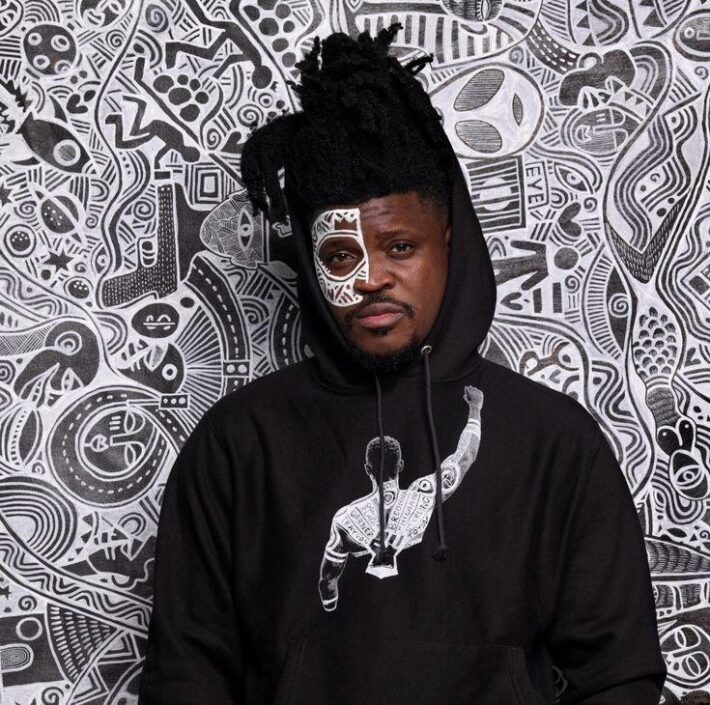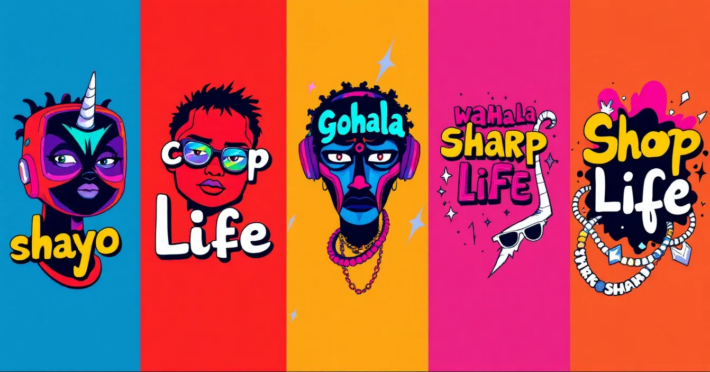Reverse-Engineering Virality: What Makes African Music Blow Up?

The Formula Behind a Hit?
African music is no longer an underground movement. It has become a dominant force in global pop culture, influencing mainstream charts, breaking streaming records, and commanding sold-out stadium tours across continents. From Afrobeats to Amapiano, Gengetone to Bongo Flava, Afro-Rap to Alté, African sounds are shaping the future of music.
But what actually makes a song “blow up”?
Is it pure talent? Luck? A well-oiled industry machine? Or is there a predictable formula behind the success of African music on a global stage?
By reverse-engineering virality, we can decode the key elements that turn a song from a local street hit into an international anthem. The real secret? It’s not just the music—it’s a cultural movement.
1. Digital Gateways: TikTok, YouTube & Streaming Playlists
TikTok: The New Radio
Once upon a time, radio DJs dictated what the world listened to. Now, that power belongs to TikTok.
• 70% of the biggest African hits in the past two years have been fueled by TikTok trends.
• The platform’s short-form, algorithm-driven virality allows songs to spread organically, globally, and instantly.
CASE STUDY: Tyla’s ‘Water’ – The South African singer’s R&B-infused Amapiano track became a viral TikTok challenge in mid-2023. By the time mainstream radio caught up, the song had already crossed 200 million streams on Spotify and reached the Billboard Hot 100.
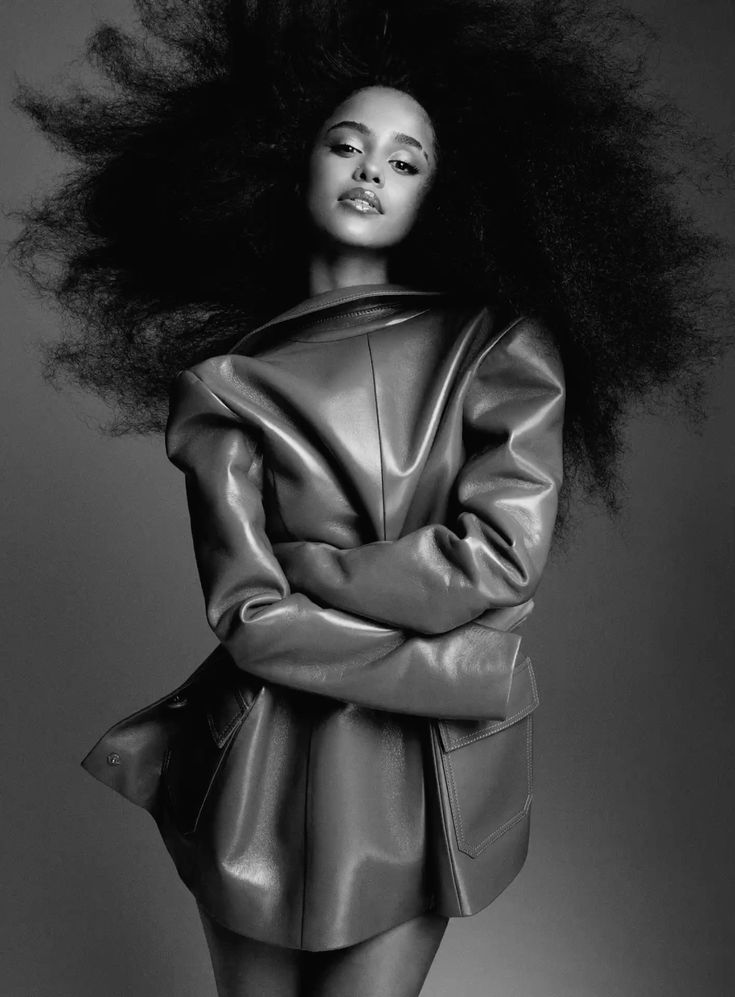
YouTube & Shorts: The New MTV
• YouTube is the most-used streaming platform in Africa.
• Artists like Asake, Burna Boy, and Diamond Platnumz dominate with highly visual, narrative-driven videos that create instant cultural moments.
• YouTube Shorts is becoming an accelerator for virality, turning snippets of songs into high-engagement content.
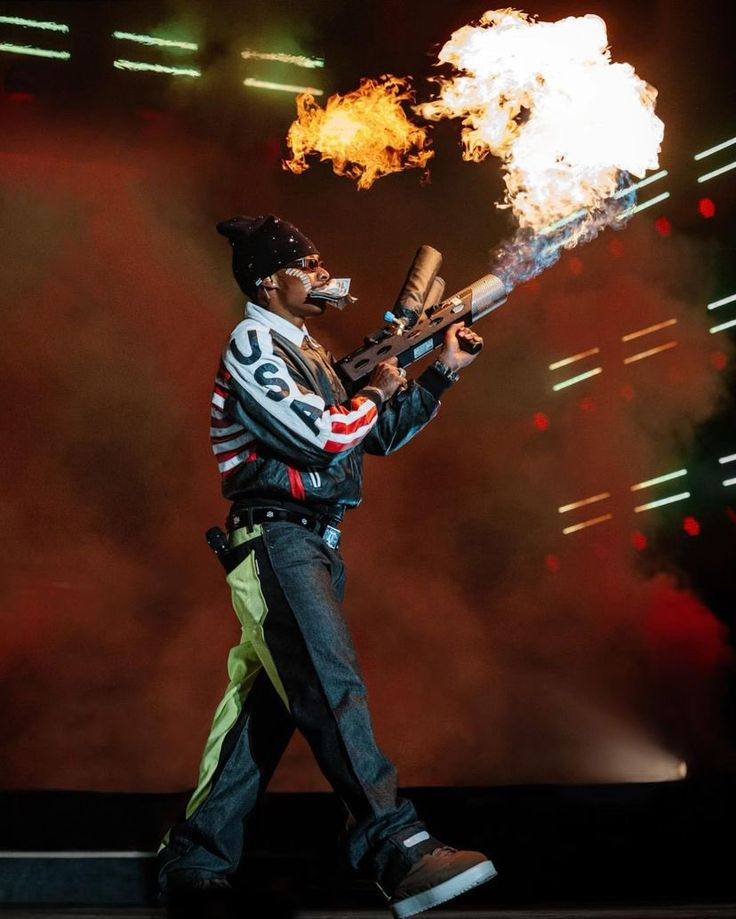
Spotify & Apple Music Playlists: The New A&R Teams
• Editorial playlists like African Heat (Spotify) and Africa Now (Apple Music) have replaced record labels as the gatekeepers of global music discovery.
CASE STUDY: Ayra Starr’s ‘Rush’ – A slow-burn success that gained momentum via key streaming playlist placements, eventually reaching over 200 million YouTube views.
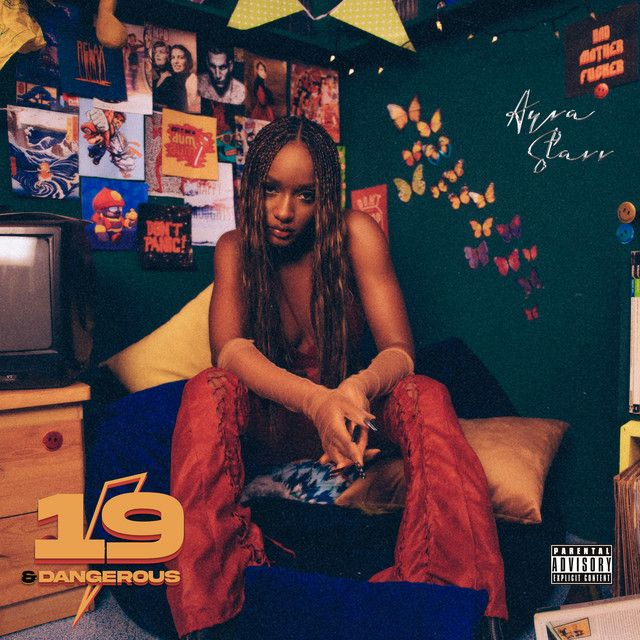
Takeaway: Artists who master the TikTok-YouTube-Streaming trifecta are engineering their own success—not waiting for record labels.
2. Street Cred & The African Co-Sign Effect
Street DJs & WhatsApp Distribution
Before a song gets global traction, it needs to dominate the streets.
• In Nigeria, Ghana, and South Africa, DJs and informal street promoters control early music circulation.
• Songs spread via WhatsApp audio shares, Alaba market CDs, and underground parties before making it to mainstream platforms.
The Co-Sign Effect: From Local to Global
• A Burna Boy, Wizkid, or Davido feature can instantly turn a rising artist into a global star.
CASE STUDY: Asake’s Meteoric Rise – Asake was a respected underground artist, but when Olamide signed him to YBNL Records, his career exploded. His Fuji-infused Afrobeats sound, combined with TikTok virality and heavy DJ rotation, made him a superstar in record time.
Key Insight: African music doesn’t just “blow up” out of nowhere—it must first be validated by the streets.
3. Global Collaborations & Industry Power Moves
The Billboard Effect: African Artists on U.S. Charts
• Collabs with global superstars help African songs cross into the Western mainstream.
CASE STUDY: Rema & Selena Gomez’s ‘Calm Down’ – Originally a Nigerian hit, this song gained global traction through a Selena Gomez remix, peaking at #3 on the Billboard Hot 100 and becoming the most-streamed Afrobeats song of all time.
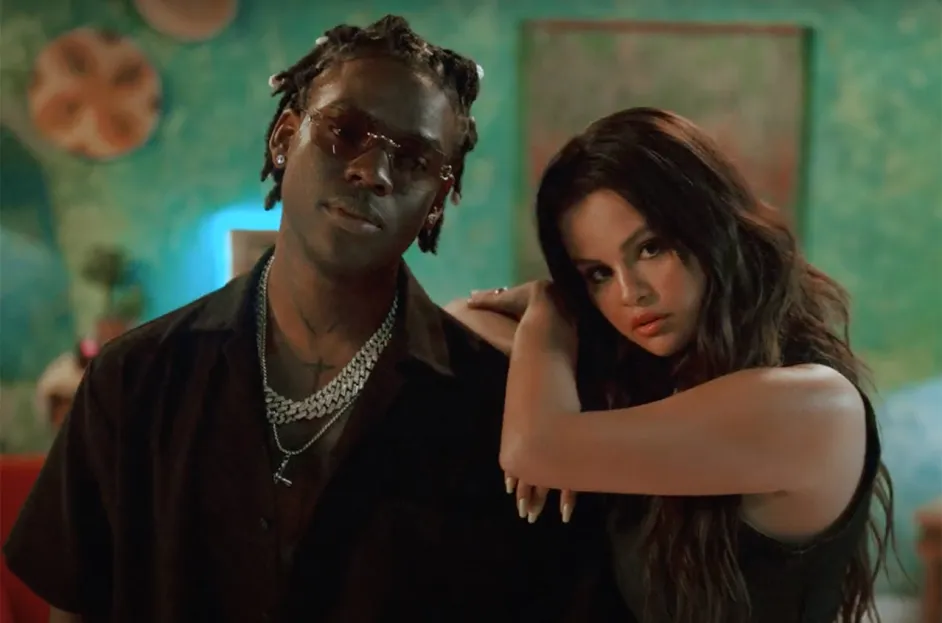
Record Labels & The African Gold Rush
• Major labels (Universal, Sony, Warner) are investing heavily in African talent.
• New record label hubs in Lagos, Johannesburg, and Nairobi signal the next wave of global music expansion.
Example: Sony’s Epic Records signed Nigerian singer Tems, positioning her for international stardom.
Takeaway: The global music industry now sees Africa as the next cultural superpower.
4. The Sonic Evolution: What’s Next for African Music?
New Sub-Genres Are Emerging
• Afro-Rave (Rema, Cruel Santino) – A fusion of Afrobeats and psychedelic sounds.
• Afro-Trap (Black Sherif, Kweku Flick) – A blend of African rhythms and Atlanta trap beats.
• Amapiano 2.0 (Uncle Waffles, Tyler ICU) – A faster, globalized version of South Africa’s house-inspired sound.
AI & Music Discovery
• AI-driven platforms like Boomplay and Shazam are helping African artists reach global audiences faster.
• AI-generated beats and vocal effects are changing how music is produced and consumed.
Prediction: The next African music wave will come from unexpected places—perhaps Francophone Africa or North Africa.
The Science of a Hit Song
African music is not just having a moment—it’s having an era.
What seemed like random virality is actually a precise combination of:
- Cultural authenticity (local street cred)
- Digital virality (TikTok, YouTube, streaming)
- Industry validation (co-signs, global collabs)
The biggest question now is: Who controls the future of African music?
Will African artists and entrepreneurs own their success, or will global corporations exploit it without giving back?
One thing is certain: The world is dancing to Africa’s rhythm. And it’s only the beginning.
